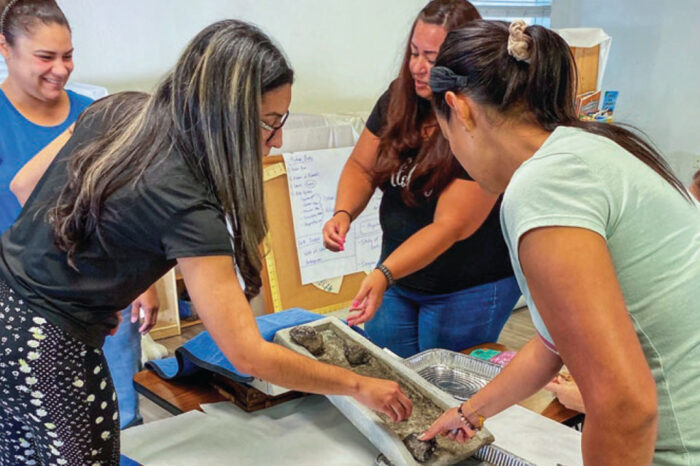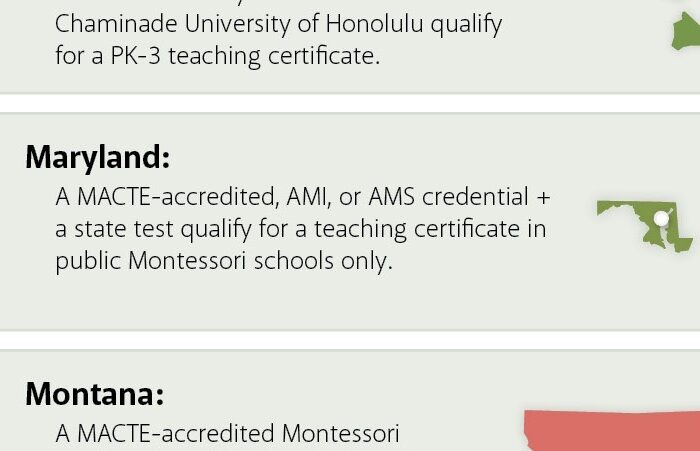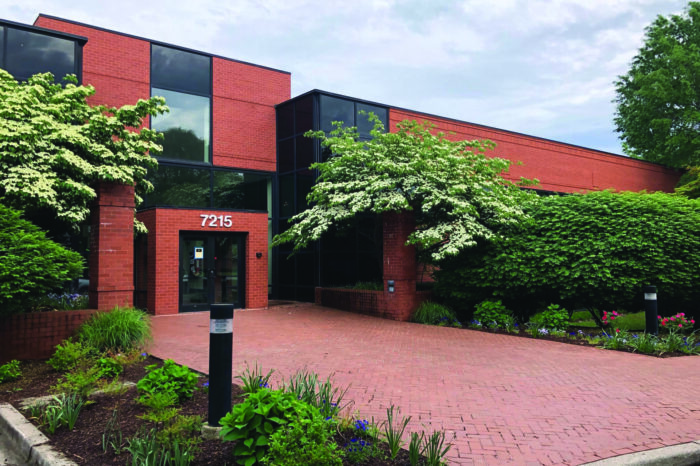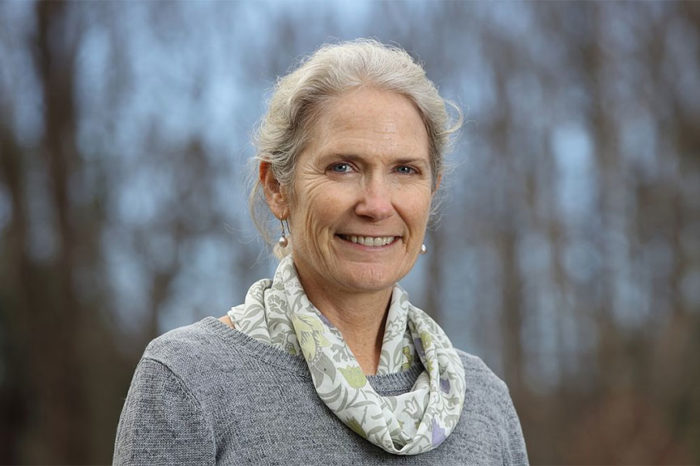Making some changes in teacher training
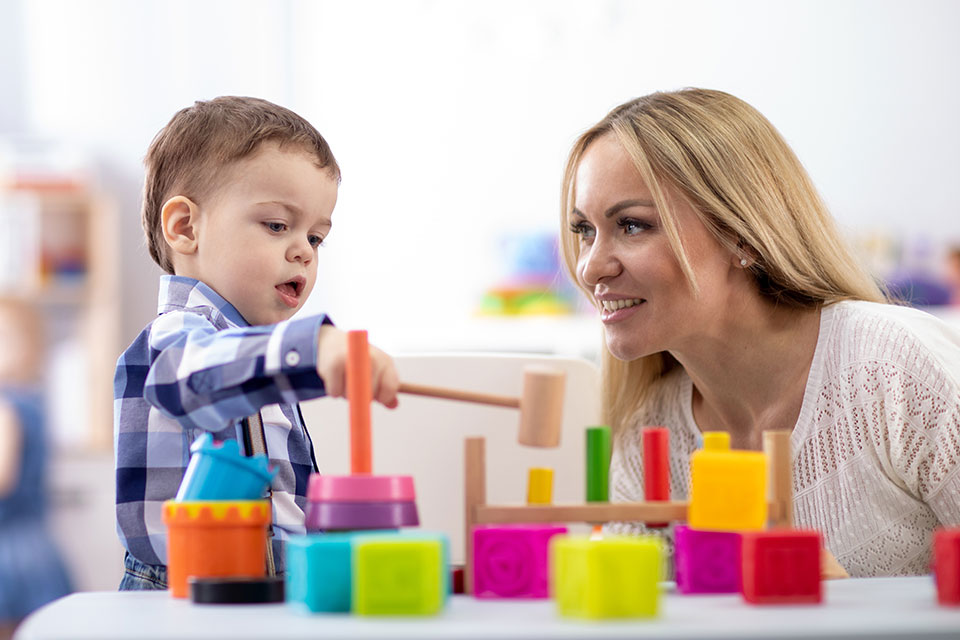
By Jennifer Wyld • This article appears in the Spring 2019 issue of MontessoriPublic—Print Edition.
One training center’s efforts to build equity in
Like many in the Montessori community, the staff at Montessori Northwest realizes that we have a role to play in improving diversity and equity in our profession, our schools, and our training centers, and that complex historical and systemic factors drive these deficits. We have begun this work in three areas. First, we’ve built on work we started last year, offering workshops to our regional Montessori community. We have also begun to integrate diversity, equity, and inclusion work into the theory portion of our elementary course. Finally, we have created scholarships for people of the global majority for Primary or Elementary training.
In the winter of 2018, we hosted a training facilitated by Chrysanthius Lathan of Teachers for Racial Equity in Education Ed Consulting (TREE) about “increasing technical knowledge and adaptive abilities needed to empower students and staff of color”. This workshop included definitions and specific language to understand and be able to talk about racial justice, as well as lectures, interactive discussions, and reflective activities. Response to this workshop was positive and many spoke to the need for more education and professional development opportunities related to the topic.
So, for the 2018-2019 academic year, a group of local adolescent practitioners organized and hosted three racial and social justice education events through the training center. Lathan offered her workshop again in the fall, and then a more in-depth workshop in the winter of 2019. In this second session, she shared more resources, such as psychological impacts of racism, as well as one of the few studies looking at racial justice in Montessori classrooms (Brown and Steele, 2015).
Confluence Project, a local organization that works to bring indigenous voices to the story of the Columbia River, offered a third workshop in partnership with the training center and a local school, a training for educators on how to include stories and history of the Native people of the northwest in a more culturally responsive way. Many of the students in the elementary training attended, and handouts and resources were made available to all trainees for inclusion in their history albums.
Participants recognized the importance of integrating these ideas into their classrooms and their communities, and have asked for us to continue to support these events, so we are working on a similar workshop for the 2019–20 academic year.
To bring this work directly into training, we’ve been exploring meaningful ways to integrate social and racial justice into the academic year elementary training, regularly dedicating time in theory lectures to this topic. While 33% of the cohort this year are people of the global majority, 50% of those are international students, who may or may not share the experiences and perspectives of BIPOC of the United States. This has definitely created an environment full of rich conversations and viewpoints! We have developed these topics this year by exploring language used to talk and think about these issues, such as equity vs. equality, stereotype threat, implicit bias, stereotypes vs. prejudices, and more. Many of these conversations were held in small groups, with students moving around the room to sit at tables with different prompts to spur the discussion.
We have also had the students do some work exploring their own identities, privileges, and sense of belonging. Initially, we heard push-back from some students: “Why aren’t we focusing on how to talk about this with our students? … in our classrooms?” However, based on work by racial and social justice educators and researchers (such as Lathan, Robin DiAngelo, Beverly Tatum, Layla Saad, Django Paris, and Samy Alim), we’ve recognized that educators need to do this work on themselves first. As Montessorians, we already acknowledge the important role of the adult in the classroom and know that the adults, just like the environment, need to be prepared.
With time, and with more conversations and reflections, the students realized the importance of this work and participated fully and deeply in the activities. Besides the discussion prompts, we also shared readings, videos, webinars, and other opportunities to delve into the topics.
After time spent on this internal level of work, we did also consider how to talk about racial and social justice with children and families. One activity was again using prompts for small group discussions, this time with quotes of things children have said that could be hurtful, around race, ethnicity, gender roles, sexuality, family make-up, religion, language, ability, and so on. Of course, we cannot prepare our educators to know what to say in response to everything they might come across in their careers. However, having already worked through with their peers what to say in some circumstances has given the trainees more confidence in how they might support their students and their communities.
The historical and systemic structure of racial inequity has impacted financial resources in affected populations. In light of this, Montessori Northwest has set aside resources for scholarships towards our academic year Primary or Elementary courses. Recognizing that social isolation can also be a factor when considering a training center, we have offered three of these scholarships at each level.
We know this is just a start, but we are heartened by the response of the students in our program who have stated that they feel more confident about their role in helping create a more just, peaceful world, where all feel welcome, safe, and wanted! We have more to learn and will continue to read and listen and draw on the expertise of others in our community and beyond.
Jennifer Wyld, Course Assistant at Montessori Northwest has AMI Elementary and Adolescent training and AMS Secondary I training, as well as a PhD in Free-Choice Learning from Oregon State University.



